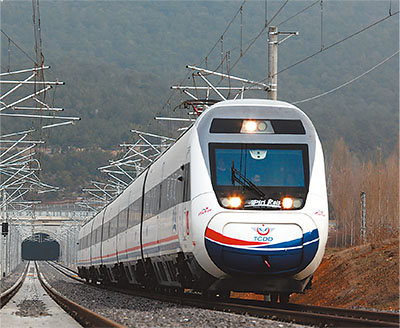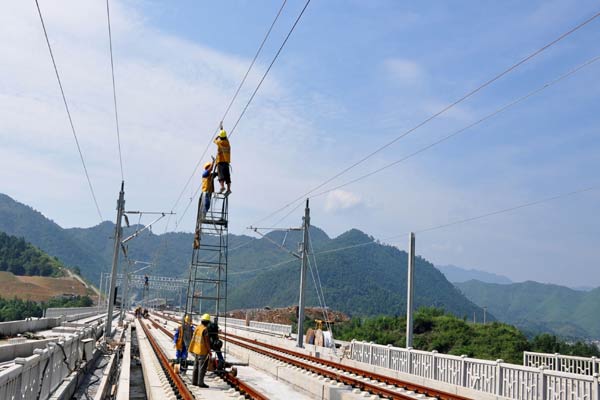Thnx for your comment, metatron.
I agree with much of what you say, but I would like to express thoughts that vary a little.
I'm not sure that China wants to replace the USA as world hegemon. A world order in which China became the strongest nation on earth, is I think likely to be quite different to the current system.
The western powers, for all their bleating about the aggression of other nations, were formed during an era of European expansion. The USA was imbued with that same expansionist attitude.* (And, so of course were many of the previous dynasties that formed contemporary China). But within Asia now, and in China, there is an expressed and genuine desire for a harmonious world.
In my lifetime, I've seen the western world (and, in particular the Anglo world) fight desperately to hang on to their position of dominance.
In WW2, in Asia, the Japanese demonstrated to all Asia, that the West was not invincible. And, as soon as the WW2 ended and the western powers (the French, Dutch, and the English), attempted to resume their dominance in Asia, the varied colonies rose up against Western dominance. We saw, the Malaysian emergency, which the English won by putting barbed wire around every village, thus turning them into mini-concentration camps, the Indonesian war against the Dutch, marked by extreme Dutch brutality, which the Indonesians won.
And in S.E Asia another war against the colonialist French that turned into the Vietnam war, when it was clear than that the French could not win, the USA entered the war, and in a very interesting fashion the different goals of the elites who control in the west found themselves out of harmony with their own citizens.
In India, Gandhi proposed a different course, and still won independence. In Myanmar, Aung San (father of Aung San Suu Kyi) formed the Communist Party of Burma and eventually won independence for that country, but was assassinated by an opposition group with English connections.
(And, don't forget the North African war against France, or while we think of Africa, other rebellions against European rule - all opposed by the Europeans with police state repression)
I suggest that the collective memory of the colonialist era has resulted in a strong desire to find another way to co-exist, a way not rooted in western thought. Whether that will happen or not, is not yet clear. But it is, I suggest it is the common goal.
Another thought. I do not think that the USA will suddenly collapse into chaos and disappear. The USA is not in its current hegemonic position just because of luck (though luck played a role). It has outstanding technological research, and a technically capable work force. Even though it is now financially dependent on credit, the very fact that they can assume so much debt is evidence of the USA's position in the world. Of course, that could change overnight, if the USA ever defaulted on repayments. What would happen then, is beyond my capacity to intelligently imagine.
I've written enough.
It is not my goal in posting information on China to "prove" that China is better than the USA (or, vice versa) it is simply to chart the progress of one of the most significant eras ever in world history, and just by chance we are living (me, just) in the moment that this is occurring. Never before in history have so many people moved from the ancient 'peasant' style life, to the middle class lifestyle that is a mark of modernity.
When we were witnesses we ignored this and focussed on the difficult things that mark contemporary life. But manifestly, this is a great time to be alive for increasing numbers of humans, including some 700 million Chinese, most of whom (or, their parents) formerly lived in poverty. OK, there are still 700 million to move to a middle class existence, but, even for those people, their lives are significantly better than in the past.
If anyone does not believe me - go look foryourself.
* I just read (in Indian writer, Pankaj Mishra's excellent, "From the Ruins of Empire - The Revolt Against the West and the Remaking of Asia." of the then POTUS, Theodore Roosevelt giving a speech in San Francisco:
" ... Before I came to the Pacific slope, I was an expansionist, and after having been here I fail to understand how any man ... can be anything but an expansionist."








